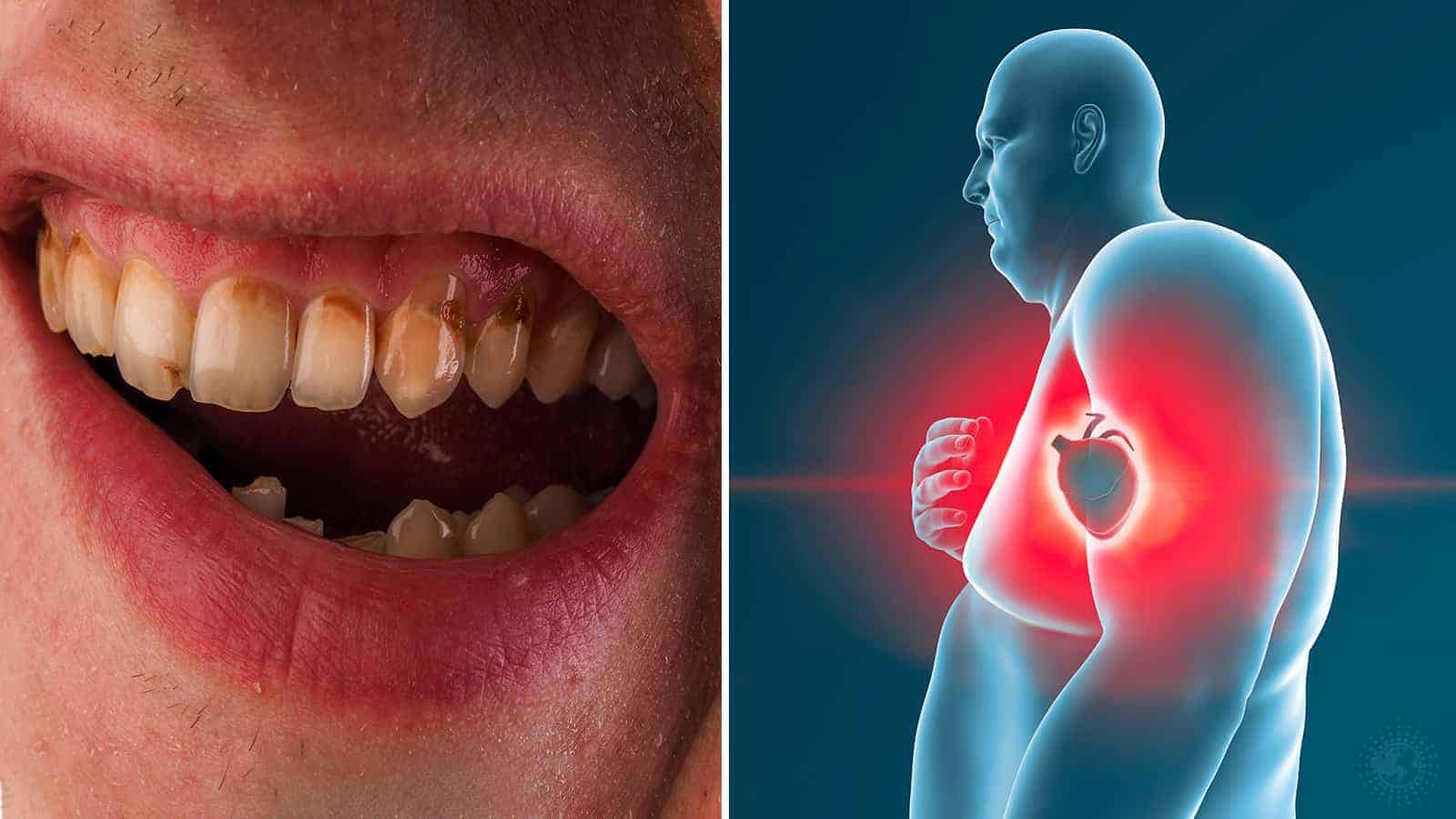
Tokyo Researchers Connect Poor Oral Hygiene to Metabolic Diseases
What does oral hygiene have to do with your odds of diabetes? As it turns out–quite a lot.
In a recent study, Tokyo researchers have identified poor oral hygiene as a risk factor for metabolic diseases. This group of conditions increases the risk for heart disease, stroke, and diabetes. Researchers from Tokyo Medical and Dental University (TMDU) discovered the bacterium which causes periodontal disease: Porphyromonas gingivalis.
Furthermore, they found that this bacteria causes skeletal muscle metabolic dysfunction, leading to metabolic syndrome. This occurs by altering the composition of the gut microbiome. Scientists have known for some time that periodontal bacteria can cause inflammation in the mouth. However, they have recently found that the bacteria can result in inflammation throughout the whole body.
Chronic inflammation resulting from sustained infection due to periodontal bacteria can cause other problems. Common issues include increased body weight, insulin resistance, and type 2 diabetes. Of course, insulin helps to carry glucose from the blood into tissues throughout the body – most notably, skeletal muscle. Muscles store 25% of the body’s glucose.
Insulin resistance occurs when your muscles, fat, and liver cells can’t process insulin correctly. The pancreas creates more insulin when the cells can’t utilize glucose in your blood for energy. As a result, your blood sugar increases, leading to type 2 diabetes.
Insulin resistance correlates strongly with the development of metabolic syndrome, which includes conditions such as:
Some estimate that insulin resistance could affect as many as one in three Americans.
More recently, researchers have added poor oral hygiene to the list of risk factors. It’s been well-established in the scientific community that more muscle people usually have lower blood glucose levels. However, they have just begun to establish the connection between periodontal disease and skeletal muscle’s metabolic function.
“Metabolic syndrome has become a widespread health problem in the developed world,” says the first author of the study Kazuki Watanabe. “The goal of our study was to investigate how periodontal bacterial infection might lead to metabolic alterations in skeletal muscle and thus to the development of metabolic syndrome.”
Researchers first analyzed antibody levels against Porphyromonas gingivalis in the blood of patients with metabolic syndrome to perform the study. Researchers found a positive correlation between these antibody levels and higher insulin resistance. Thus, the results revealed that patients with metabolic syndrome likely had a past infection with Porphyromonas gingivalis. Therefore, their immune system had antibodies against the invading bacteria.
To understand how poor oral hygiene can cause metabolic disease, the team studied mice. They gave mice on a high-fat diet the bacterium Porphyromonas gingivalis by mouth. (A high-fat diet is a precursor to developing metabolic syndrome). Not surprisingly, the mice developed higher insulin resistance. They also had lower glucose uptake and increased muscle fat than mice in the control group.
However, they still didn’t know how the bacteria led to chronic inflammation and metabolic syndrome. The team turned their attention to the gut microbiome to understand the mechanism. This refers to the total of the bacteria in the gut, where much of the immune system exists. Interestingly, mice given the Porphyromonas gingivalis bacteria had a drastically altered gut microbiome, which may decrease insulin sensitivity.
“These are striking results that provide a mechanism underlying the relationship between infection with the periodontal bacterium Porphyromonas gingivalis and the development of metabolic syndrome and metabolic dysfunction in skeletal muscle,” says the corresponding author of the study Professor Sayaka Katagiri.
Science now proves the importance of maintaining good oral hygiene. Having a healthy mouth and gums will improve your overall wellness and reduce the risk of chronic disease.
Here are a few tips on how to heal your oral microbiome:
A new study by Tokyo researchers found that an unhealthy mouth microbiome could lead to metabolic disease. Previously, scientists have focused on other conditions like obesity and type 2 diabetes about metabolic syndrome. However, just as gut dysbiosis can lead to disease, so can having poor oral hygiene. In particular, they found that a bacteria called Porphyromonas gingivalis led to higher insulin resistance.
So insulin resistance plays a key role in developing metabolic disease, an umbrella term for many conditions. To maintain overall health, eat a healthy diet, practice good oral hygiene, and take probiotics regularly.
Related Articles